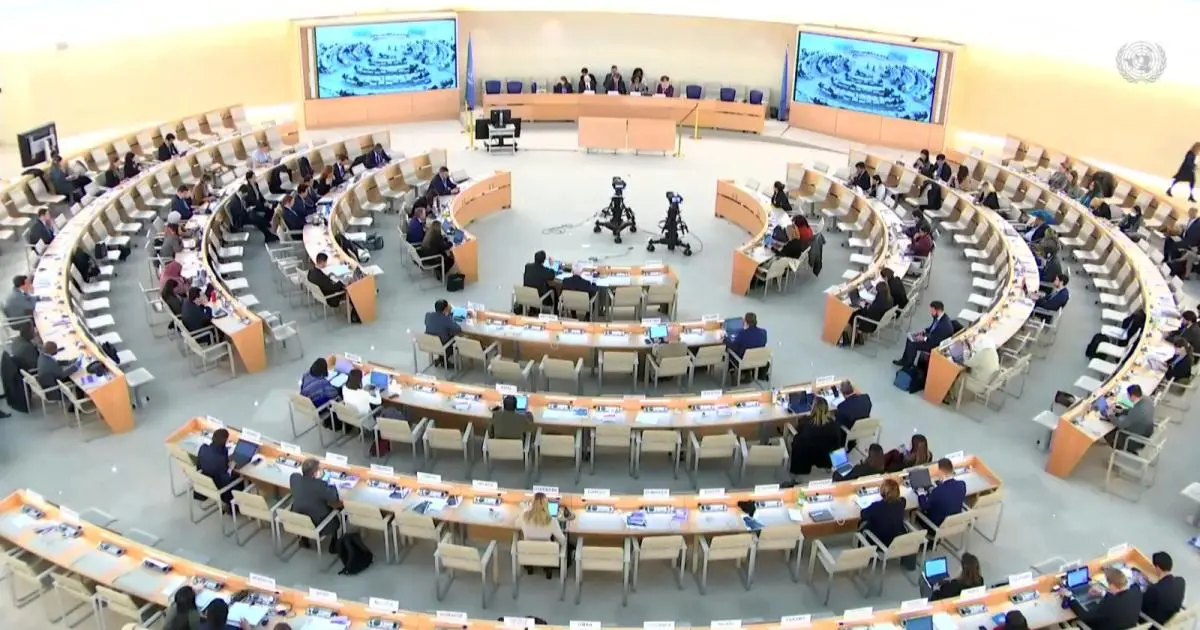
Egypt has been elected to serve a three-year term on the United Nations Human Rights Council (UNHRC) for 2026–2028, securing 173 out of 193 votes at the UN General Assembly in New York on 14 October 2025.
The vote places Cairo among fourteen newly elected members, alongside India, the United Kingdom, Italy, Pakistan, and South Africa.
In a statement following the election, the Egyptian Foreign Ministry described the outcome as “a new victory for the Egyptian state and its diplomatic apparatus,” adding that it “confirms the international community’s confidence” in Egypt’s role in human rights, regional stability, and development.
This marks Egypt’s third term on the Council, two of which were won under President Abdel Fattah Al-Sisi.
The ministry attributed the success to “a comprehensive diplomatic plan” undertaken in recent years to highlight reforms in civil, political, economic, and social sectors.
Central to this effort is Egypt’s National Human Rights Strategy, launched in 2021, whose fourth evaluation report was submitted to President Al-Sisi on 30 September.
A new strategy is expected to focus on modernizing the judicial system, reforming prisons, strengthening social protection programs, and advancing policies for women, youth, and people with disabilities.
While the government presents the election as international recognition of its progress, several human rights organisations continue to express concern.
Human Rights Watch and Amnesty International have criticised what they describe as a gap between Egypt’s external commitments and domestic realities, pointing to ongoing political detentions, restrictions on freedom of expression, and trials conducted before special courts.
Egyptian authorities maintain that these criticisms do not reflect the “tangible progress” achieved since 2021.
The Foreign Ministry reaffirmed the country’s commitment to “continue constructive dialogue with international partners” within the framework of the Council’s new mandate, which officially begins in January 2026.
The re-election to the UNHRC reinforces Egypt’s presence on the international stage, even as scrutiny from non-governmental organisations underscores the ongoing tension between diplomatic recognition and human rights advocacy within the country.



